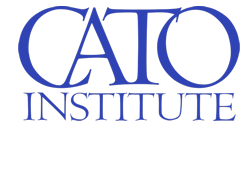James A. Dorn
James A. Dorn
In the history of economic thought, it is often found that what at first appears as a new idea can often be traced back to earlier work, which was lost sight of. Such is the case with Benjamin M. Anderson’s article, “Capitalism versus Socialism in the Light of the Present World Economic and Financial Situation,” published in June 1922, in the Chase Economic Bulletin (Vol. 2, No. 3). A careful reading of that article clearly shows that Anderson was a precursor of F. A. Hayek on the so-called knowledge problem—that is, how to utilize the particular knowledge dispersed among millions of individuals to allocate society’s scarce resources to satisfy human wants.
Hayek on the Knowledge Problem
Friedrich Hayek first discussed the knowledge problem in his presidential address before the London Economic Club, November 10, 1936. His remarks, titled “Economics and Knowledge,” appeared the following year in Economica (Vol. 4, new series, 33–54). In that article, Hayek argues that “economics has come nearer than any other social science to an answer to that central question of all social sciences: How can the combination of fragments of knowledge existing in different minds bring about results which, if they were to be brought about deliberately, would require a knowledge on the part of the directing mind which no single person can possess?”
The knowledge problem can be solved, according to Hayek, once it is recognized that under certain conditions “the spontaneous actions of individuals will … bring about a distribution of resources which can be understood as if it were made according to a single plan, although nobody has planned it.” Those conditions include private property rights, a just rule of law, free-market pricing, and knowledge of alternatives.
In 1945, Hayek expanded his discussion of the knowledge problem in his famous article, » Read More
https://www.cato.org/blog/benjamin-m-anderson-hayeks-precursor-knowledge-problem





